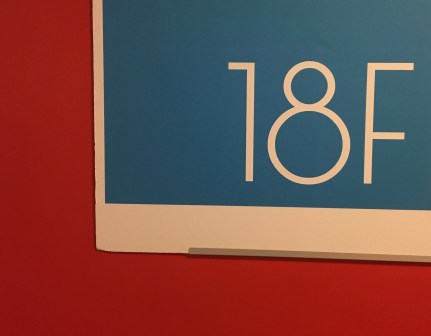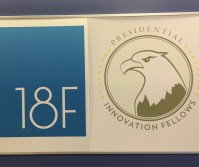18F’s first micro-purchase of code — only $1, but good
It only cost the 18F digital services team $1 and 10 days’ time to procure working code from a freelance developer as part of an experiment using federal authority for micro-purchases of computer code through online auctions.
In late October, the General Services Administration’s 18F launched a pilot using a reverse auction system to solicit bids on development work classified as a micro-purchase — a product or service that costs less than $3,500 and therefore does not fall under the complex federal acquisition process. To 18F’s surprise, the winning bid for the work — to load GSA Schedule 70 data into 18F’s CALC tool, which helps contracting personnel estimate per-hour labor costs based on historical data — was about as far from the starting $3,499 bid as it’s possible to get.
Washington, D.C.-based software engineer Brendan Sudol, who works for Simon Data, a data analysis company, offered to do the work for just $1.
Despite the unexpectedly low bid, the developer came through with solid code.
“Well, we sure didn’t expect this. But the winning bid for the first iteration of the 18F micro-purchase experiment was $1,” 18F’s Dave Zvenyach wrote in a blog post. “And, on Wednesday, the winner delivered a solution that passed our acceptance criteria.”
Sudol’s code met the requirements of the data load with “100 percent test coverage, an A grade from Code Climate, and included some new functionality to boot,” Zvenyach said.
Sudol, who worked on the project with a colleague in their spare time, told FedScoop in an email he didn’t think the $1 bid would be such a big deal — when he entered the race two hours before close, bidding was at $499. He said he “wanted to work on the project, and knew the minimum bid would guarantee me of that.”
“I love what 18F, the [U.S. Digital Service], and friends are doing to revamp government services, and I thought it’d be fun to get involved and contribute to the civic cause,” Sudol said, adding that he typically works on similar open source projects for free. “I figured it would be cool to be a part of this first micro-purchase experiment, and demonstrate that there are people (at least 1 but I think a lot more) willing and excited to help out on meaningful, civic-minded initiatives.”
As for the long-term viability of the experiment, Zvenyach said 18F feels that micro-purchasing could be a successful option in achieving the goals the team set out: “to explore a new method of software contracting, to attract new companies to work with the government, and to help advocate for the value of open source code in the federal government.”
The test also brought to light some other concerns that Zvenyach said 18F will have to consider in the future, particularly in the bidding process. On the CALC GitHub page that listed the project requirements, several parties discussed concerns with the pilot, particularly with the reverse-auction bidding system. One commenter thanked Sudol for his $1 bid “for demonstrating the weakness of the system,” because with no guarantee of bidders’ technical abilities, spoilers could continually low-ball the process without any intention of performing on the requirements. At least in this experiment, though, that wasn’t the case.
“In some respects, this result was the best possible outcome for the experiment,” Zvenyach wrote. “It proved that some of our core assumptions about how it would work were wrong. But the experiment also validated the core concept that open-source micro-purchasing can work, and it’s a thing we should try to do again.”
Sudol agreed that the experiment was a success and believes micro-purchasing could have a positive impact: “I think it’s a very clear win-win,” he said. “18F is able to scale their work and get more accomplished, and private businesses and engineers are able to work on really interesting and meaningful projects that can impact a lot of people.”






